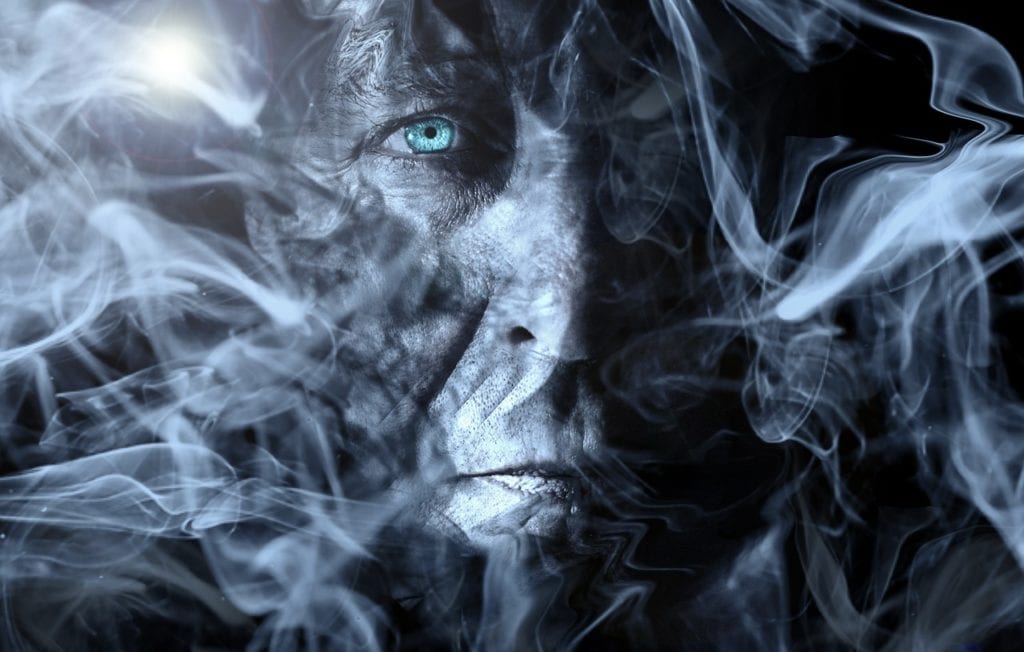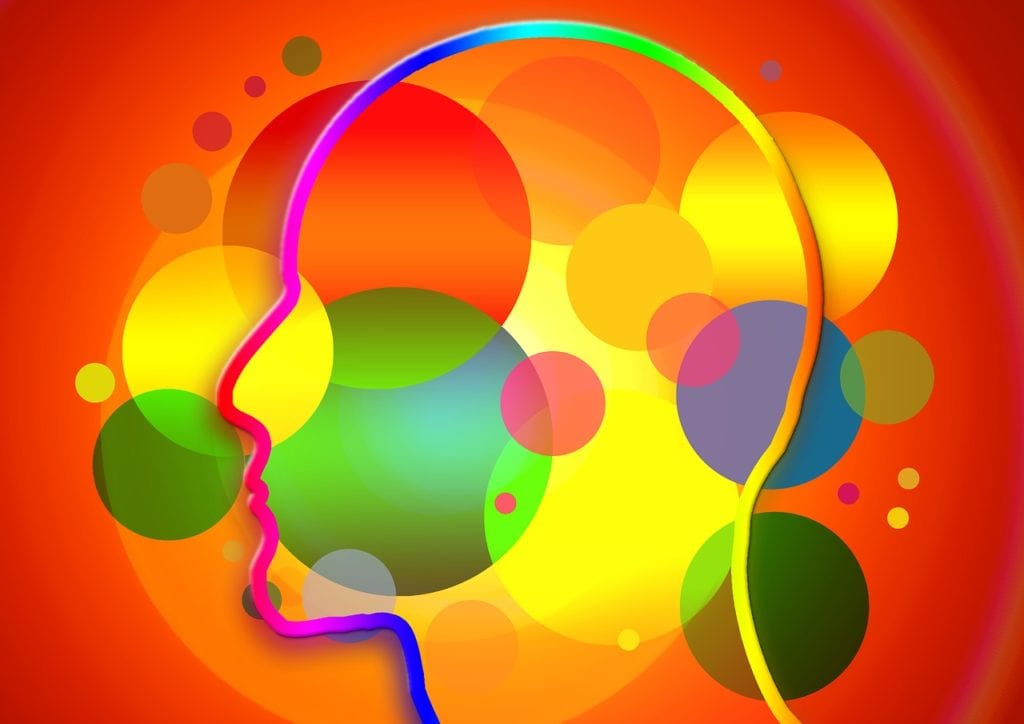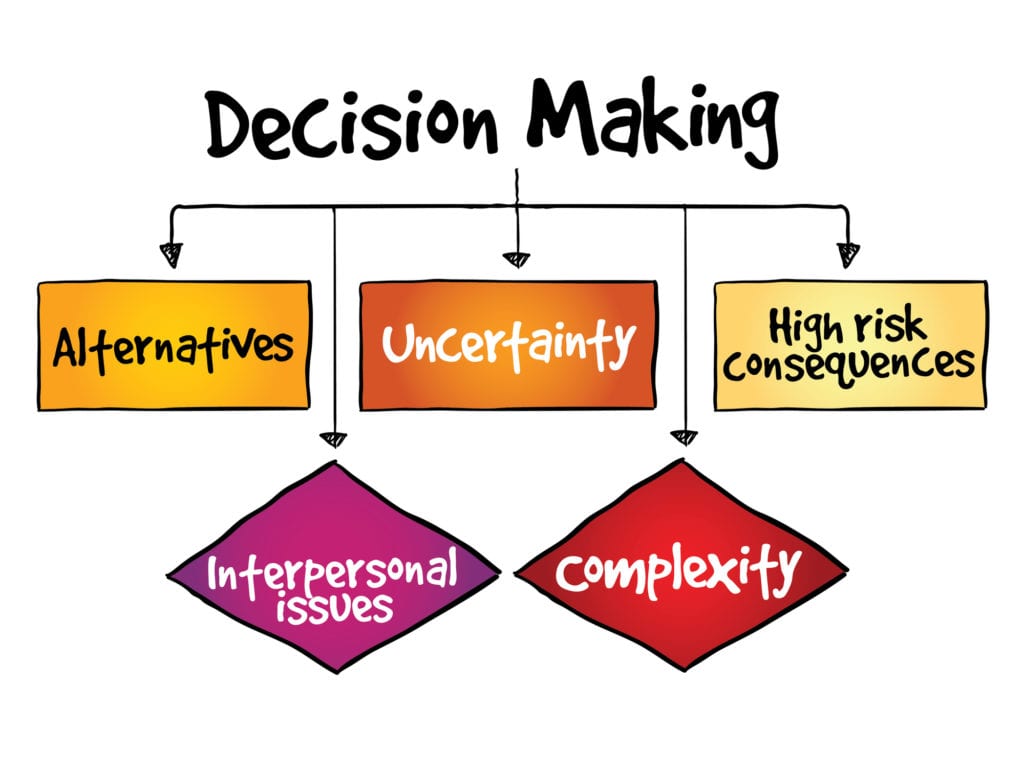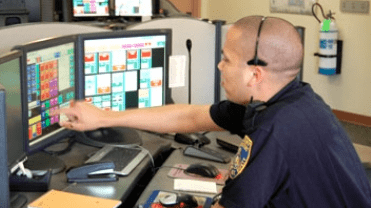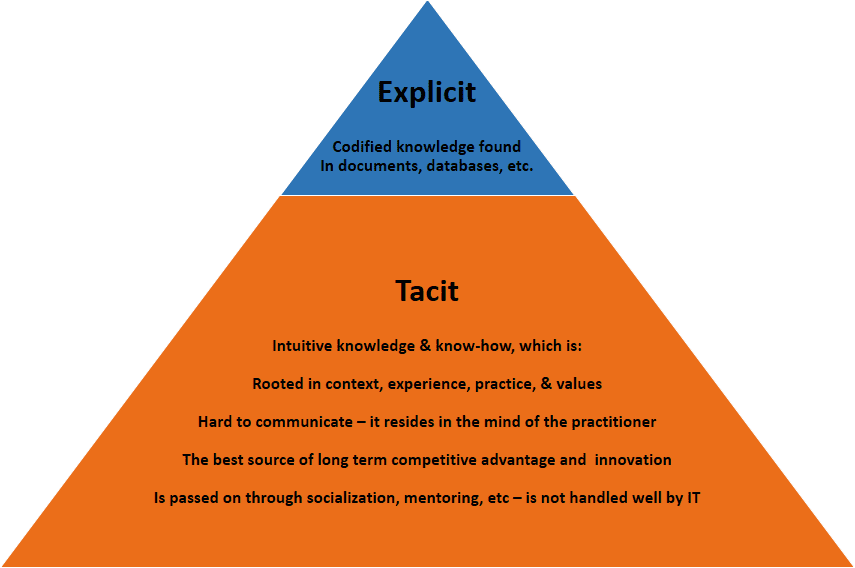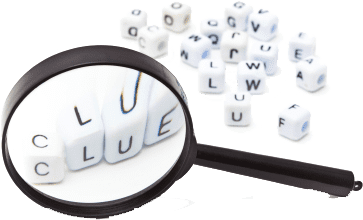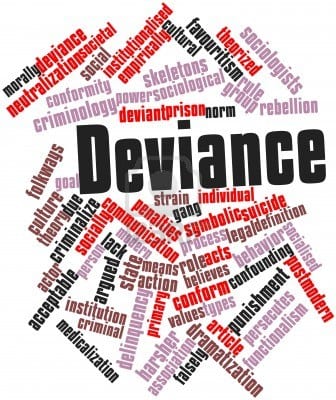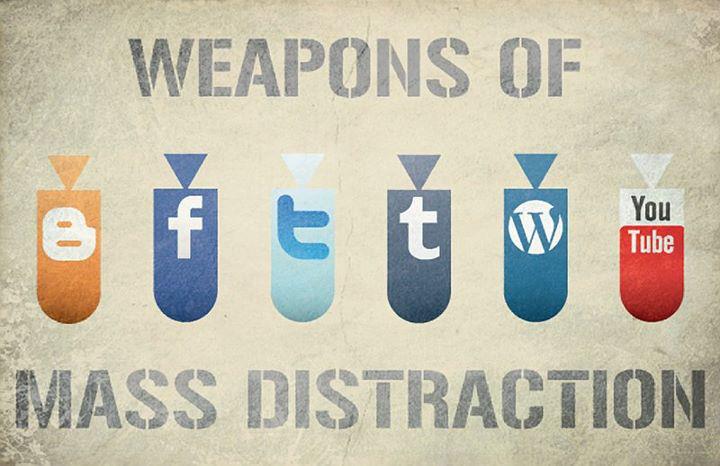Imagination Can Influence Situational Awareness
If I were to tell you that on an emergency scene it is possible for you to use X-Ray vision, you’d probably think I’ve been watching too many Superman movies. But it is possible for you to look right through a solid object on an emergency scene and see what’s beyond it. Seriously! Read on…
Imagination Can Influence Situational Awareness Read More »

